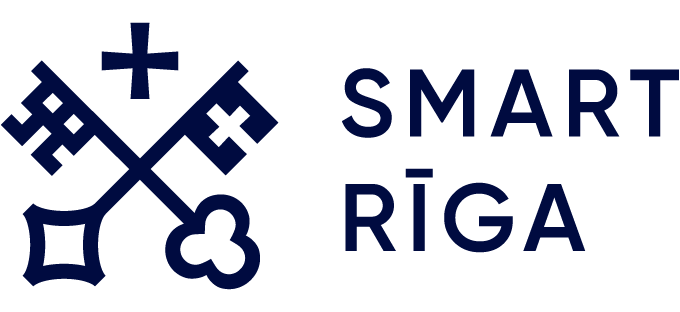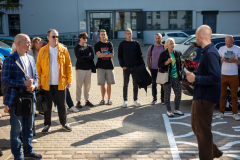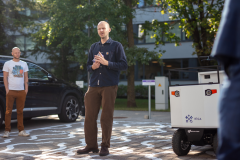On September 19, during the Smart City Conference 2024, Coding the Curbs launched their parking pilot program – smart zones for visitors. In partnership with Riga Technical University (RTU) and Rīga City Council, the company has introduced five Smart Zones for visitor parking on the RTU campus, aiming to create a more efficient, adaptable, and organized parking system. The pilot program will run until the end of December and will be evaluated at that time to determine its effectiveness and potential for future continuation.
The primary goal of this pilot is to make visitor parking more efficient and well-managed with the innovative Smart Zones—digitally-enabled, bookable parking spaces that respond to the dynamic needs of city environments. Visitors can reserve these spots in advance via a seamless digital platform, which simplifies the parking process and ensures that spaces are utilized optimally. Each zone is clearly marked with dedicated signs and street markings, offering a smooth and straightforward experience for users.
For now, the option to make Smart Zone bookings for visitors is limited to a selected group of RTU staff during the pilot phase. This phased approach allows the project team to gather important data on the system’s functionality and impact, ensuring a thoughtful and evidence-based evaluation before considering a wider rollout to the general public.
This project is supported by EIT Urban Mobility, an initiative of the European Institute of Innovation and Technology (EIT), a body of the European Union. EIT Urban Mobility acts to accelerate positive change on mobility to make urban spaces more liveable. Learn more: eiturbanmobility.eu


